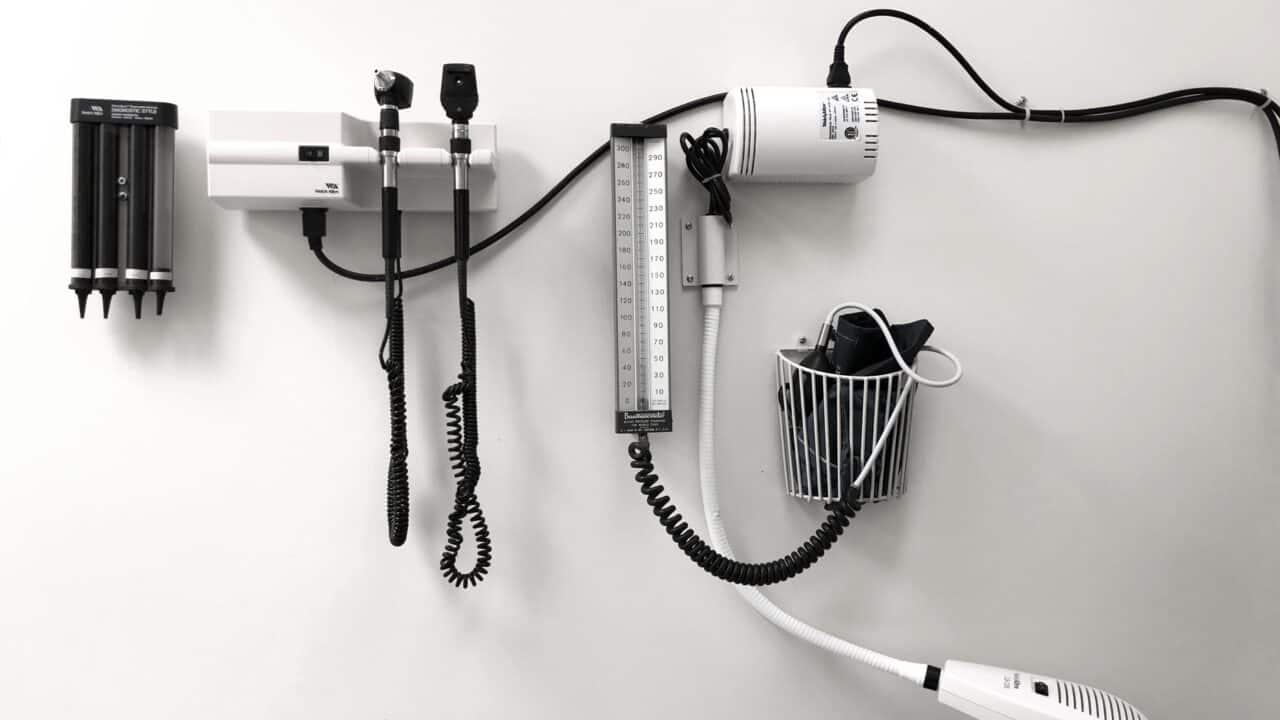 Photo by Abby Anaday on Unsplash
Photo by Abby Anaday on Unsplash
Today, the Ways and Means Committee will hold a markup on H.R. 5688, the Bipartisan HSA Improvement Act of 2023 and H.R. 5687, the HSA Modernization Act of 2023. These bills will expand tax-advantaged Health Savings Accounts (HSAs), promoting consumer driven healthcare, reducing taxes for families, and encouraging lower healthcare spending.
All members of Congress should cosponsor and support these important pieces of legislation.
Since they were created in 2004, HSAs have become a popular and successful vehicle that promotes patient choice in health care. HSAs are used in conjunction with low premium, high deductible health insurance plans and provide a vehicle for individuals to spend and control their own money on their own health needs. Today, HSAs are used by nearly 72 million Americans.
The Bipartisan HSA Improvement Act permits tax-free spending from an HSA on monthly fees charged by physicians, allows employees to use their HSA at their employer’s on-site health clinic, allows for transitions of deposits from a terminating FSA or HRA, and facilitates HSA contributions even when a spouse has an FSA.
The HSA Modernization Act will allow disabled veterans to contribute to an HSA, allows working seniors to possess and contribute to an HSA, establishes automatic HSA eligibility for bronze and catastrophic health plans on the health benefit exchange, allows both spouses to contribute catch-up contributions to the same HSA, and more.
HSAs contribute to lower healthcare spending by promoting consumer driven healthcare. HSA funds are completely controlled by the individual and follow them between jobs, creating an incentive to spend funds wisely.
Research shows that families and individuals that utilize HSAs spend less on health care and use fewer medical services without forgoing necessary primary and preventative care.
HSAs are already a significant vehicle to pay for healthcare expenses. An HSA user can accumulate as much as $360,000 after contributing to an account for 40 years, assuming a rate of return of just 2.5 percent, according to the Employee Benefit Research Institute. With a rate of return of 5 percent, an HSA user can accumulate $600,000 over 40 years.
HSAs also reduce taxes for American families. HSAs offer triple tax benefits to users – contributions made are tax free, interest and investment is earned tax free, and payments made to qualifying health expenses are tax free. Expanding HSAs will provide additional tax reduction for American families and will promote saving and investment.
Since they were created almost 20 years ago, HSAs have proven successful in promoting healthcare choice, lowering taxes and lowering healthcare costs. Expanding HSAs will build on this success.

